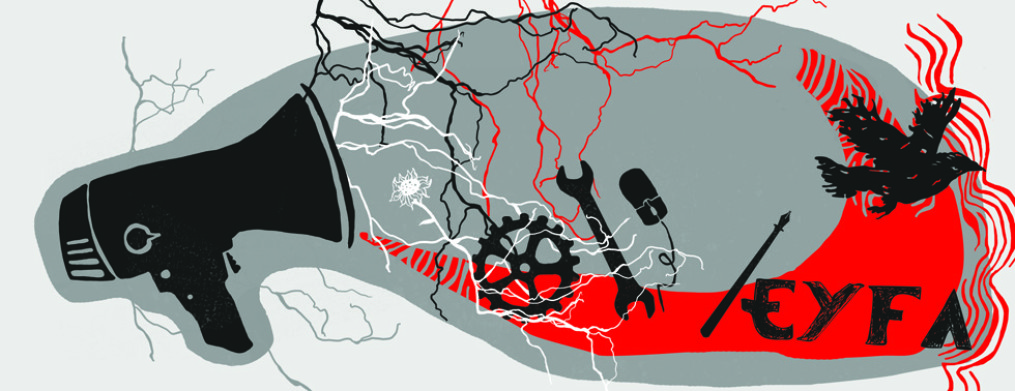As a follow-up to our Summer 2019 activity in Belgrade, Serbia ‘Listen Up! Building capacities of youth mediators’, we produced a short series of podcasts to widely share some thoughtful pieces inspired by the activity’s content.
The participants and trainers from the activity shared thoughts on conflict mediation before and after the training, which are captured in the 1st and 5th episodes. We also interviewed someone who had been through a successful conflict mediation process, a member of a collective that mediates conflicts within the social justice movement, and an author of a set of community guidelines based on transformative justice principles. Together, this podcast series shares some of the most important elements of conflict mediation, as seen through the lens of young activists from social justice and climate justice movements in Europe.
Conflicts are inherent to social relationships, and especially grassroots youth groups find themselves at the forefront of community conflicts due to their interaction with different mulit-layered patterns of social organisation. In EYFA’s history of coaching and providing trainings to the groups in our network, the topic of how to cope with conflicts is a recurring one. Our in-cooperation-with Seeds for Change published brochure “Working with Conflicts in our Groups” is one of our most highly requested resources that we’ve produced. The reality is that not all crises in youth activism are external. Sometimes social justice work comes to a standstill because big or small disagreements are tearing apart the very interpersonal relationships that should be holding them together. To strengthen our movements, we certainly need young people who can identify and understand structural discrimination, but we also need to be simultaneously skilled up in creating consensus and building trust, and, most of all, committed to intercultural dialogue.
Methodologically, it is of great importance to see conflict as an opportunity to grow together as a resilient community, rather than to be torn apart. As a first step we have to develop an understanding of conflict and how to deal with it, developing a healthy approach towards it and working with the ways conflicts can change our interpersonal relationships by altering communication patterns and patterns of social organisation. Acknowledging and transforming conflict in communities leads to both the empowerment of each and every member as well as improved mutual understanding among them. We have to collaborate with each other to challenge oppression/structural discrimination and find a way share and learn together.
You can find the first podcast here.
